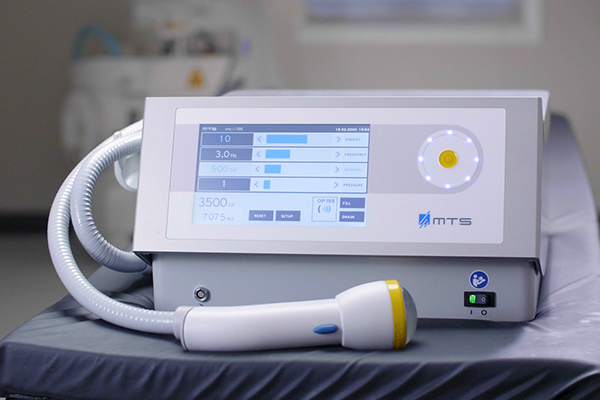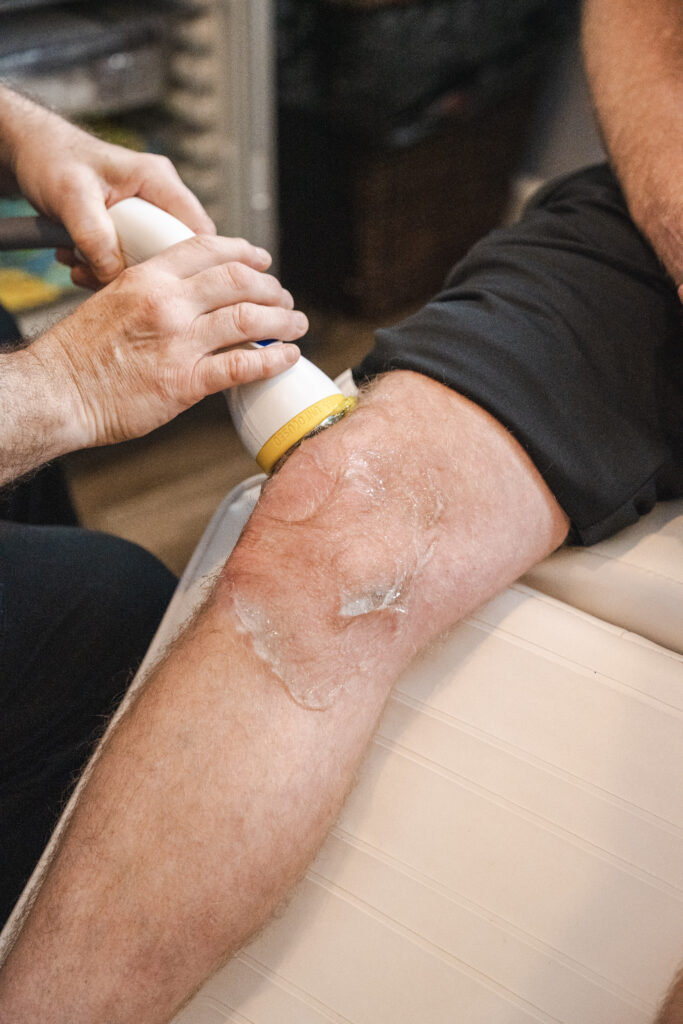Plantar fasciitis is a condition characterized by inflammation of the plantar fascia, the thick band of tissue that runs across the bottom of your foot and connects your heel bone to your toes. This inflammation is often due to overuse, improper footwear, or excessive weight, leading to sharp, stabbing pain in the heel, especially with the first steps in the morning or after periods of rest.
Symptoms of plantar fasciitis include a deep, achy pain in the heel or the bottom of the foot, which may worsen after exercise but not during it. People with plantar fasciitis may also experience stiffness and reduced mobility in the affected foot.
How Can Plantar Fasciitis Lead to Back Pain?
The relationship between plantar fasciitis and back pain lies in the biomechanics of our bodies. Our feet are the foundation that supports the alignment and balance of our entire body. When there is pain in the foot, like with plantar fasciitis, it can lead to changes in how we walk (our gait) and our posture. This adaptation can put additional strain on muscles and joints up the kinetic chain, including the back, leading to back pain.
Conversely, existing back pain can also alter our posture and gait in a way that puts extra stress on the feet, potentially causing or exacerbating plantar fasciitis. The muscles and ligaments in our back, hips, and legs are interconnected; when back muscles are strained or tight, they can pull on the hips and legs, affecting the pressure distribution on our feet.
Diagnosing the Link Between Plantar Fasciitis and Back Pain
Healthcare professionals, including podiatrists, orthopedists, and physical therapists, play a vital role in diagnosing the relationship between plantar fasciitis and back pain. Diagnosis typically involves a physical examination, patient history, and sometimes imaging tests like X-rays or MRIs to assess the extent of the plantar fasciitis and identify any related back issues. Accurate diagnosis is essential for effective treatment, highlighting the importance of consulting with specialists experienced in treating both conditions.
Treatment Options for Plantar Fasciitis and Associated Back Pain
Treatment for plantar fasciitis and associated back pain varies from surgical and non-surgical treatments but can include:
- Physical Therapy: Custom exercises strengthen foot, leg, and core muscles, improving posture and reducing compensatory back strain. Therapists also enhance mobility and teach movement adjustments.
- Orthotics: Custom shoe inserts address biomechanical foot issues, evenly distributing pressure to improve gait and lessen lower back stress.
- SoftWave Therapy: This non-invasive method uses unfocused shockwave technology for plantar fasciitis to promote healing and reduce inflammation in the plantar fascia. This therapy stimulates cells for tissue regeneration, offering significant pain relief and recovery without surgery or drugs, presenting a compelling alternative to traditional treatments.
- Lifestyle Modifications: Adjustments like weight loss, choosing supportive footwear, and activity changes alleviate plantar fascia stress and back pain, preventing future issues.
- Medications: Anti-inflammatory drugs offer quick pain and inflammation relief for both foot and back, used alongside other treatments.
- Surgery: For severe cases or when spinal issues exacerbate back pain, surgery can release the plantar fascia or correct spinal conditions.
- Acupuncture and Massage: These therapies relieve muscle tension and improve circulation, beneficial for plantar fasciitis and back pain sufferers by promoting overall pain reduction and healing.






